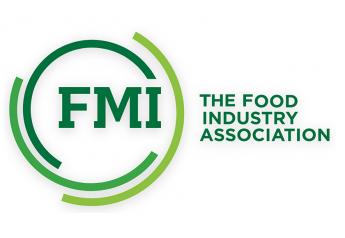Innovation should be looked at with a healthy dose of skepticism

In late 2022, Theranos founder Elizabeth Holmes was sentenced to 11 years in jail for defrauding investors while running the failed blood testing startup. Holmes had convinced legions of supporters and investors including Henry Kissinger, Rupert Murdoch and the Walton family of Walmart fame that Theranos was going to be the next big thing in health care. She was featured on the cover of Time magazine, introduced by President Bill Clinton and featured as a great innovator. In her words, “… first they think you're crazy, then they fight you, then you change the world.”
What made Holmes so compelling? Her allure, and that of Theranos, represented the perfect cocktail for appeal — a combination of innovation and promise to help solve some of health care’s most pressing challenges. She was viewed as a young, female tech superstar exhibiting grit and vision worthy of admiration. Some of these traits also attracted investors to other companies such as Nicola, an American manufacturer of heavy-duty electric vehicles.
The brainchild of Trevor Milton, an engaging, charismatic huckster, Nicola was once valued at more than $24 billion, more than Ford Motors. A former door-to-door alarm salesman, Milton convinced investors, including General Motors, to invest in the company. Like Theranos, Milton was later shown to have engaged in fraud in the positioning of his company.
There are many other examples of great ideas poorly or never executed. Think FTX, Enron and Worldcom to name a few. These stories offer lessons for us in food and agriculture as well.
Real and proposed innovations are taking place in our industry every day with potential for seismic shifts. Many of these innovations stem around solving challenges related to climate change, use of natural resources, labor and the environment. In fact, the potential to do good and drive positive change is what often attracts innovators — often outside of agriculture – to explore new ways to grow, process and bring to market food. When these ideas also seem to make a good business case for farmers, processors or marketers, they become even more compelling.
While innovation and new technology should be supported, we also need to be mindful of individuals and companies that may overpromise and underdeliver. Sure, they may not quite cross the threshold as being fraudulent, but a healthy dose of skepticism is important to ensure investments are made in innovations with real potential.
New projects supported by big-name tech giants are gaining traction and attracting supporters, including agricultural leaders and food brands. Silicon Valley continues to ideate new ways to solve what is often viewed as decades-old farming practices in need of a reboot.
No doubt, robotics, sensors, artificial intelligence and more are exciting opportunities. Likewise, indoor farming and controlled environment agriculture hold promise. Promoted as a solution to food deserts, inner-city jobs, sustainability concerns, food safety, water usage and the demand for locally grown foods, controlled environment agriculture feels like a worthy investment. But — as we should with all investments — we should practice caution.
As investors, we need to ask the tough questions about new technologies. We need to ask for results, analytics and proof points. We need to apply our own knowledge and expertise to the evaluation process. Depending on your risk tolerance, some investors should consider a wait-and-see approach, giving time for ideas to prove valuable — or not. In short, with new innovations, an old adage holds true: buyer beware.
Tim York is CEO of the California Leafy Green Marketing Agreement.







